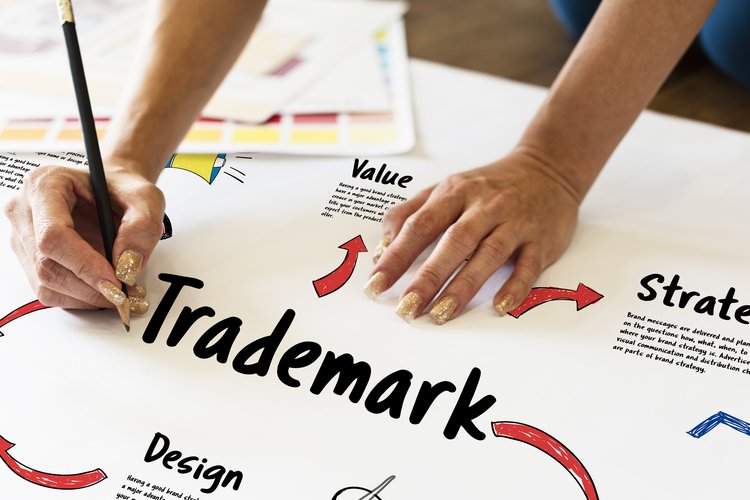If My Trade Mark Is Protected Under Common Law, Why Should I Register It?

It’s true that in Australia, and some other common law jurisdictions, such as the United Kingdom and Canada, trade marks can be protected under common law. So, using your trade mark, even if it is not registered, might accrue you legal rights. However, relying on a common law trade mark, can be challenging.
Let’s look at some of the implications when relying on common law to protect a trade mark.
Your common law rights are limited to the specific territory where you’ve actually used your mark, and only when it can reasonably be said that your mark has gained a reputation amongst consumers.
If the owner of an unregistered trade mark wishes to stop the third party from allegedly infringing that mark, they essentially have to establish a case of ‘passing off’ or establish that the alleged infringer’s conduct is likely to mislead or deceive consumers in Australia. . It requires the owner of the unregistered mark to prove, amongst other things, that their trade mark has a reputation amongst a reasonable number of Australian consumers.
If they can establish that they have this reputation, it will be considered limited to the specific territory in which they have shown that they’ve used their mark. Proving ‘reputation’ will require a lot of evidence, which can be very expensive to obtain. In addition to establishing reputation, for a passing off claim to be made out, you would need to show that the alleged infringer has made a misrepresentation in the use of your mark that is likely to damage your reputation.
So, for example, if you have an unregistered mark related to a fashion retail business, which is a brick and mortar store, then your rights will most likely be territorially limited to the location of that store. You may have a well-known shop in Brighton in Victoria, that is highly respected and reputable within that area. But this fact may not help you stop a third party from using the same or similar brand, for a competing fashion store located up in Byron Bay.
Unless there’s been some other breach (such as using the same logo and effectively infringing copyright), you may not have a case unless you have a registered trade mark even if they are essentially copying you.
The Benefits of Appearing on the Register
Another significant benefit of registering a trademark is that your rights will be entered on the official register of trade marks. IP Australia examines trade mark applications, and if they find that there’s a prior mark, that is similar, then they may well raise it as an objection. This effectively prevents third parties from registering or attempting to register identical or deceptively similar trademarks for the same or similar goods or services.
Unless the third party can prove that they are entitled to register despite a prior similar mark being on the register, they will probably not be able to register their mark. Simply having your mark registered, assists in preventing any confusion in this regard from occurring.
Having your mark on the register also serves as a signpost, effectively to the world. Because it’s a public register, anyone can look it up. Other traders considering registering a trade mark can search the registry and see if there’s anything similar on it. If they find your mark there, it may well deter them from adopting a similar mark. Again, it avoids potential confusion. So again, while your trade mark may protected under common law, it’s wiser to register it.
Further, having a registered trade mark provides you the right to use your mark without fear of infringing another, and, to take steps if your rights are infringed. Establishing trade mark registration does not require any level of reputation so is often simpler than relying on common law rights.
Understanding the TM and R Symbols
Only once your trade mark is registered do you have the legal right to use the ‘® symbol next to your trade mark when it is being used for the goods/services covered by the registration. It is an offence to use the ‘R’ symbol along side a mark that is not registered. Unregistered trade marks may use the ™ instead, which can assist in demonstrating you are using the mark ‘as a trade mark’ if ever needed but does not in itself provide any legal right to that trade mark.
Essentially the issue with common law rights becomes most important when it comes to conflict. If you are the first user of the mark, in trade, then in Australia you may rely on your unregistered use as a defence to an infringement claim that may be made by someone that registers later. However, having the registered mark first will make it easier to enforce your rights and prevent use by others
If you have questions about the distinction between common law trade marks and registered trade marks and the enforceability of either, Mark My Words can help you to clarify the difference and assist you to register your trade mark.

